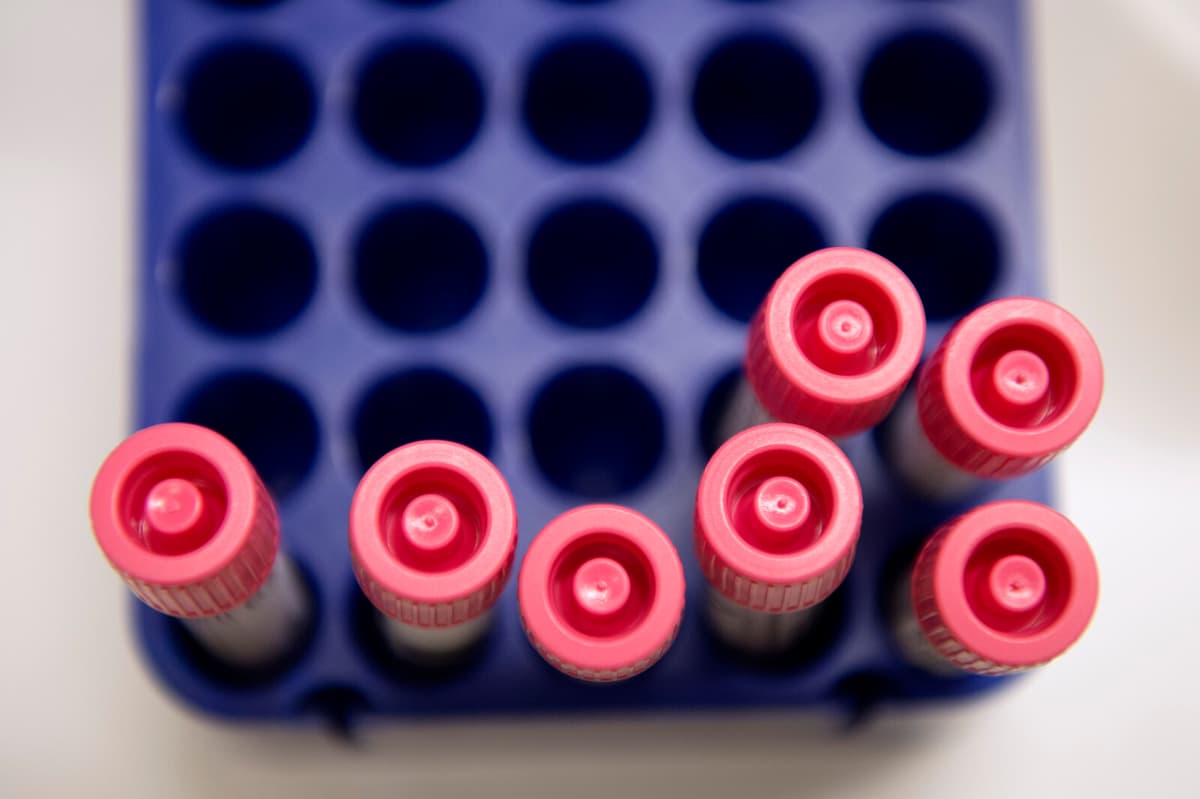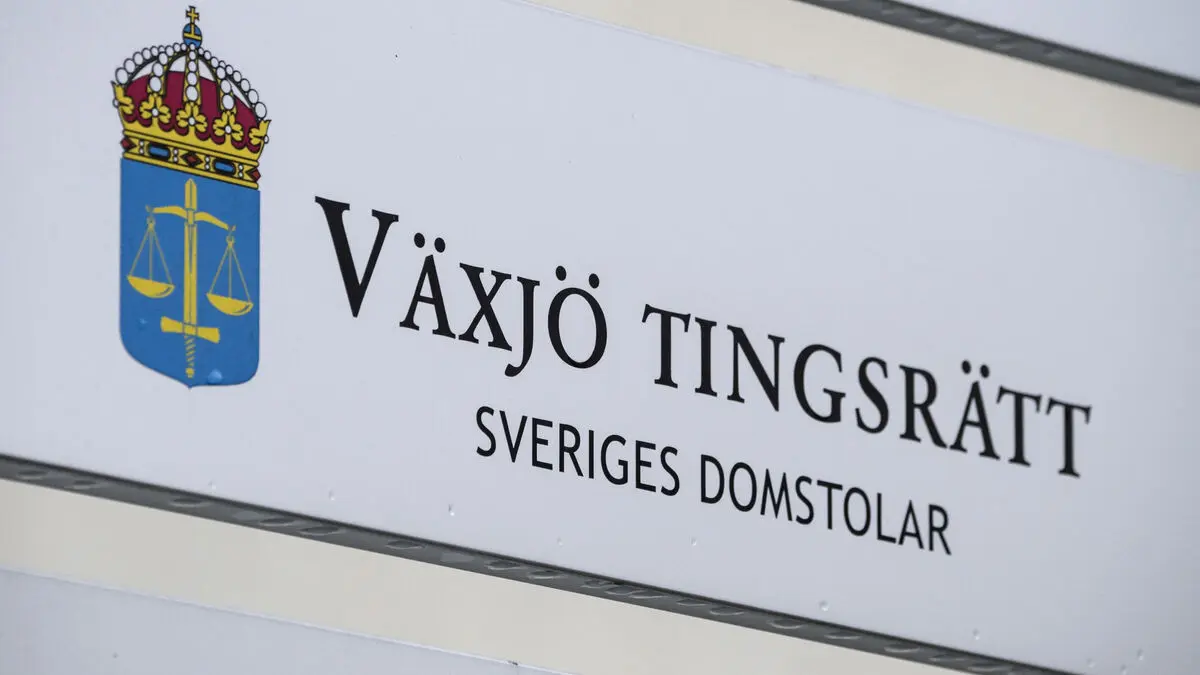The revocation applies to the areas of clinical chemistry and clinical pharmacology. There, drug analyses and analyses of bodily fluids, such as blood and urine, are performed to detect any potential pathological changes. The serious deviations exist in several areas, according to the Board for Accreditation and Control (Swedac).
Some of the areas concern the personnel and that they have not done the right things, lacked the right competence to do certain things, not ensured that instruments are approved for use after service, and not handled internal deviations, says Swedac's communications chief Peter Kronvall.
Accreditation confirms competence according to international standards, but it is not a legal requirement. The laboratory can therefore continue to operate despite losing its accreditation.
The majority of the country's regions have some form of accreditation. An accredited laboratory should have sufficient knowledge, routines, and methods to perform its task.
When we find deviations, one gets the opportunity to correct them, but if one does not handle the deviations correctly, the actual application risks slipping. Over time, this can lead to incorrectly performed analyses and negative impact and consequences for people's health.
Swedac has not been able to establish that there has been any negative impact on people's health.
The laboratory can apply for accreditation again, and then a new assessment is made.
Corrected: In an earlier version of the text, an incorrect statement appeared about Akademiska laboratoriets opportunity to continue its operations.






